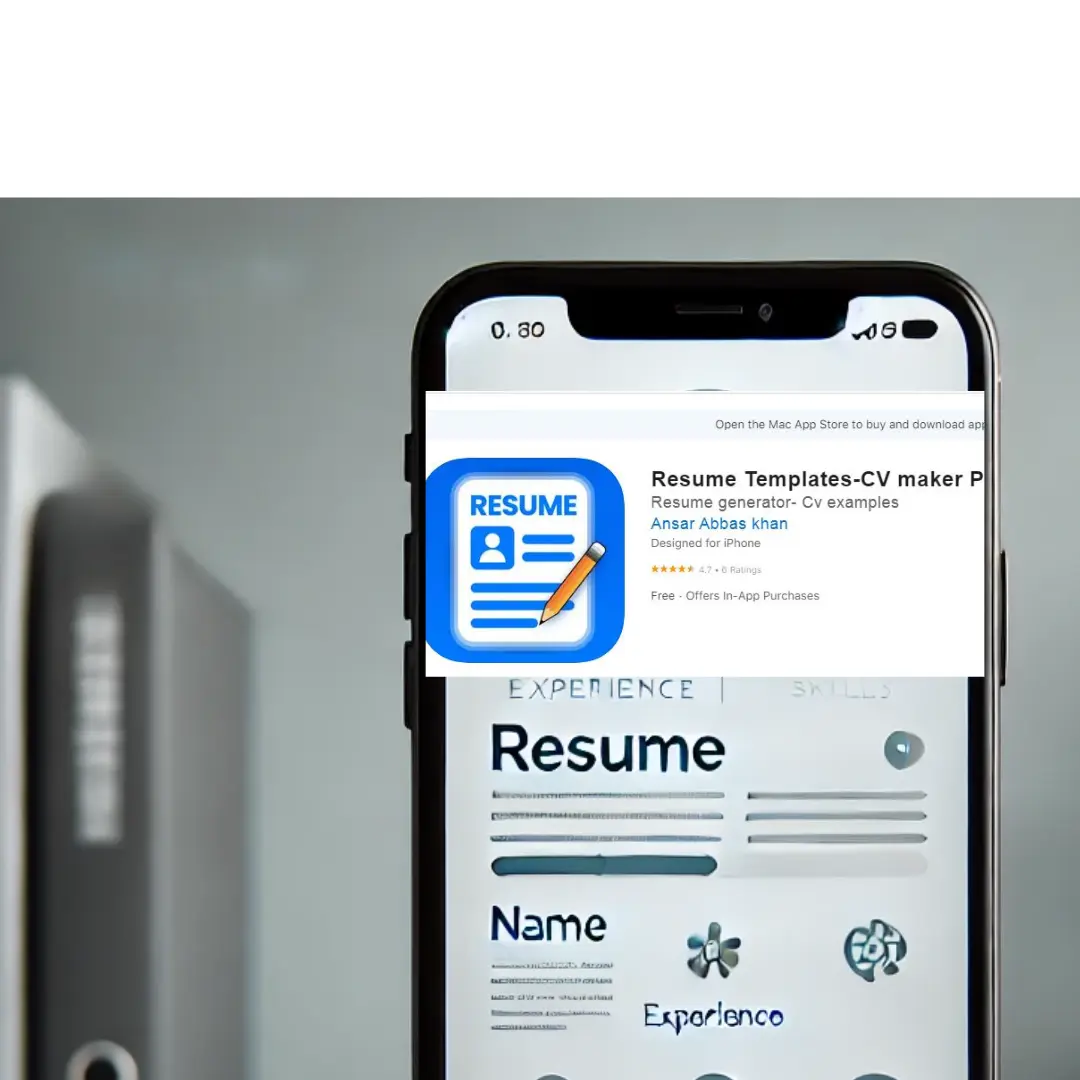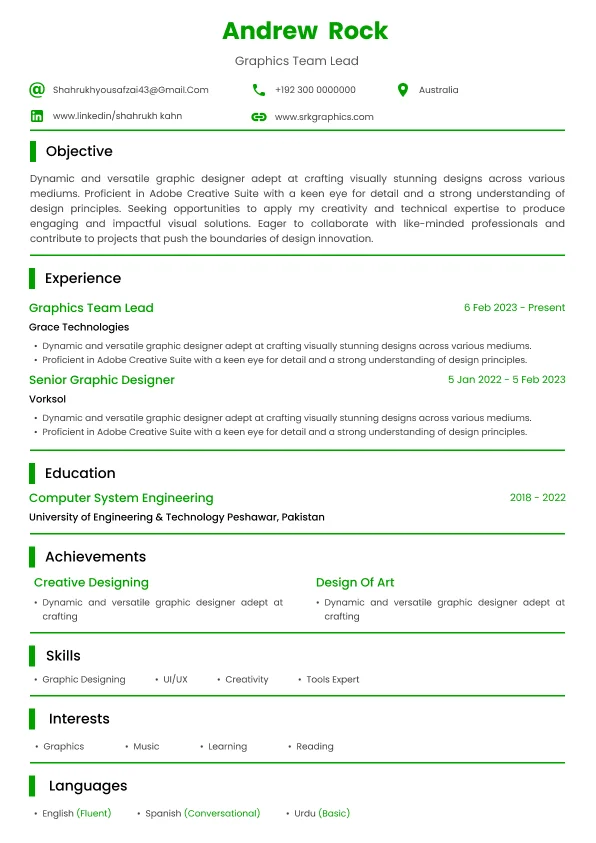
Charles Dickens
Career Expert
2023-12-19 17:42:58

Regardless of the company's size, business executives have important duties in promoting inclusion and efficiently managing the staff.
Human resources (HR) executives are frequently called to supervise hiring procedures, policy creation, promotion recommendations, and staff management.
If you want to advance in your career to an HR executive position, you must master the art of resume writing.
This blog explores the meaning of an HR executive, provides tips for creating a compelling resume for HR executive resume, how to write, and why it is important to act as a helpful manual.
What is the HR Executive?
An HR executive leads and supervises the HR department in a company. They are instrumental in organizing the workforce and ensuring its smooth operation.
- Employee training and recruitment.
- Ensuring compliance with company policies.
- Resolving issues.
- Overseeing various programs.
Responsibilities for the HR Executive
- Collaborating with the company director or CEO to strategize HR initiatives.
- Track employee performance and implement strategies for recognition and reward.
- Lead proactive changes in benefits administration to maintain competitiveness.
- Create dynamic training programs, strengthening continuous employee development.
- Guide the hiring process, selecting talent aligned with company culture and objectives.
- Coordinate efficient work programs for a collaborative environment.
- Stay updated on industry trends, ensuring organizational innovation and compliance.
- Implementation of labor laws, ensuring compliance and best practices.
- Establish a supportive environment for employees to raise concerns, fostering a positive workplace culture.
Qualifications For HR Executives:
Skills:
- Analytical
- Problem Solving,
- Conflict Resolution
- Attention to Detail
- Active Listening.
Qualities:
- Empathetic
- Understanding
- Motivational
Tech Proficiency:
Communication:
Strong communication skills.
How to Write an HR Executive Resume
1- Contact Information:
2-Career Objective:
After contact information, write two or three sentences that describe your career goals. Make sure they reflect the HR executive position you're interested in.
Build a strong objective emphasizing your expertise, experience, and critical skills to show the hiring manager how you qualify for the HR executive job.
3- Build Strong Professional Experience:
The most essential part of any resume is work experience. Outline your work history, highlighting achievements and effective results. Mention it with joining and ending dates.
Example: Several years in HR management in any organization.
4- Education:
5- Core Competencies:
List down the essential skills for HR executive roles.
Such skills include:
- Aggressive
- Detail Conscious
- Good leadership Skills
- Effective Communication Skills
- Ability to Maintain Interpersonal Relations
- Exquisite Organizational & Management Skills
- Confidence
- Flexible in work
- Honest
Highlight instances of leadership, effective problem-solving, and contributions to organizational success. List down your achievements in bullet form.
Why is an HR Executive Resume Important?
Your HR executive resume makes a strong impression on the hiring manager.
1- First Impression:
2- Showing Strong Expertise:
3- Highlighting Achievements:
Demonstrates significant achievements and notable contributions.
4- Alignment with Job Requirements:
5- Leadership Demonstration:
Illustrates leadership, problem-solving, and strategic thinking capabilities.
6- Standing Out in Competition:
Aids in standing out tough competition in the job market.
7- Reflecting Professionalism:
Reflects a commitment to Professionalism and attention to detail.
8- Career Progression:
Provides a career progression and the evolution of skills.
FAQs
Q1: What should be included in an HR Executive resume?
It should include abilities like hiring, interacting with employees, training, development, pay and benefits, and performance management.
Q2: What is the bio of an HR executive?
HR Bio should include strong leadership skills, decision-making skills, communication skills, and the ability to direct, administer, and monitor benefit programs.
Q3: Why choose an HR executive?
Having the ability to hire, train, and help employees grow makes an HR position very influential to a company's success. HR is the decision maker and problem solver, directly impacting other company departments.
Q4: Why do you want this job?
Enthusiasm surrounds this job opportunity, as it seamlessly aligns with a company culture that champions teamwork, collaboration, open communication, and a history of volunteer work.
Q5: Is an HR executive a stressful job?
The stress level depends on the expectations of the role, the resources available, and your personality. The situation can be harder to handle when it occurs in your own backyard.
About The Author

Charles Dickens
Career Expert
2023-12-19 17:42:58
Charles is an accomplished resume writer dedicated to shaping impactful career stories. With extensive experience, Charles specializes in unraveling individual professional journeys and highlighting unique strengths to align with specific career goals. Having assisted diverse job seekers across various career stages, Charles emphasizes the transformative impact of a precisely tailored resume.





.webp)

